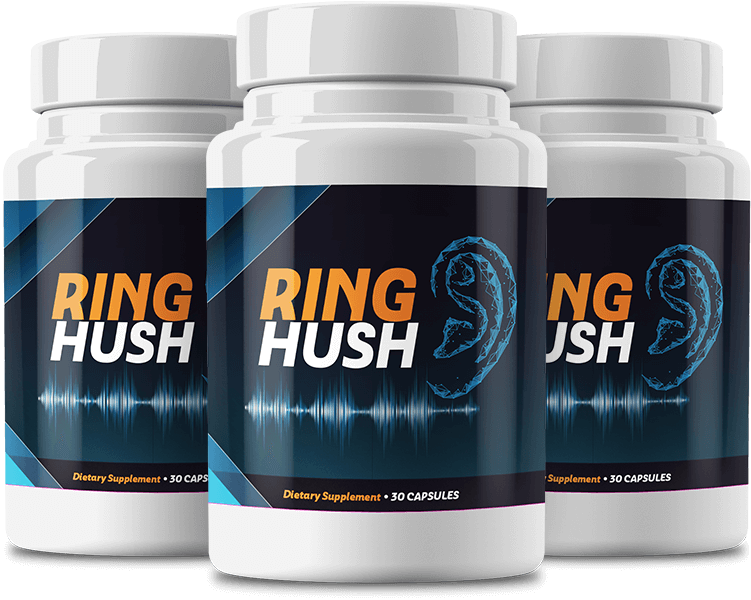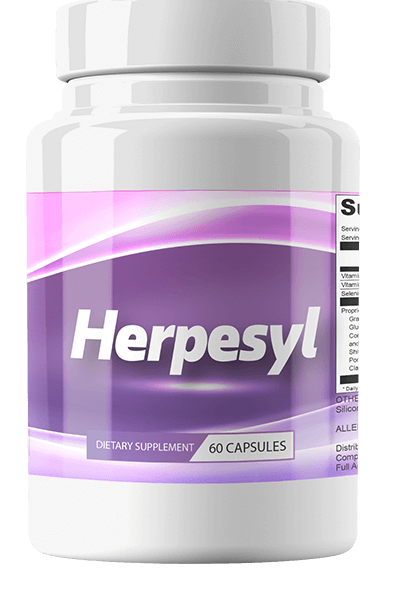Maintaining Prostate Health for Men with Enlarged Prostate: Must Read!
Prostate health becomes a significant concern for men, especially as they age. One of the most common conditions affecting men over the age of 50 is an enlarged prostate, medically known as benign prostatic hyperplasia (BPH). Though not life-threatening, BPH can significantly impact quality of life by causing urinary discomfort, frequent bathroom trips, and disrupted sleep.
Maintaining a healthy prostate is essential for preventing the worsening of symptoms and ensuring overall health. In this article, we’ll explore practical ways to manage and maintain a healthy prostate for men dealing with BPH. We’ll delve into lifestyle changes, natural remedies, medications, and other solutions that can help alleviate the symptoms of an enlarged prostate.
Understanding the Enlarged Prostate (BPH)
The prostate is a small gland located beneath the bladder and in front of the rectum. It surrounds the urethra, the tube that carries urine from the bladder. As men age, the prostate tends to grow larger, which is a normal part of aging. However, this growth can put pressure on the urethra, causing symptoms such as:
- Frequent urination, especially at night
- Weak urine flow
- Difficulty starting urination
- A feeling of incomplete bladder emptying
- Dribbling at the end of urination
While the exact cause of BPH is not entirely clear, it is believed to be related to changes in male hormones as men age. BPH is common, affecting about 50% of men between the ages of 51 and 60, and up to 90% of men over 80.

Lifestyle Changes for Prostate Health
One of the most effective ways to manage an enlarged prostate and maintain overall prostate health is through lifestyle changes. These adjustments can help reduce symptoms and prevent the condition from worsening.
- Maintain a Healthy Diet
Pros:
A diet rich in fruits, vegetables, and whole grains can support prostate health and may help reduce the symptoms of BPH. Some key nutrients include:
- Lycopene: Found in tomatoes and other red fruits, lycopene may reduce prostate inflammation.
- Omega-3 Fatty Acids: These are found in fatty fish like salmon and can help reduce inflammation in the body.
- Zinc: Zinc-rich foods like pumpkin seeds, oysters, and nuts may promote prostate health.
Cons:
While a healthy diet can help, it won’t completely reverse BPH or eliminate symptoms. Also, sticking to a strict dietary regimen can be challenging, especially when social or cultural factors come into play.
- Stay Physically Active
Pros:
Regular physical activity can help reduce the symptoms of BPH by improving blood circulation and reducing inflammation. Exercise can also help with weight management, which is crucial, as obesity has been linked to an increased risk of BPH.
- Aerobic exercises such as walking, swimming, and cycling are particularly beneficial.
- Pelvic floor exercises, known as Kegel exercises, can strengthen the muscles that control urination, improving bladder function.
Cons: For men who already have significant mobility issues or other health concerns, starting an exercise routine may feel overwhelming. Additionally, without guidance, some might not know how to perform pelvic floor exercises correctly, limiting their effectiveness.
- Limit Caffeine and Alcohol Intake
- Pros: Both caffeine and alcohol can irritate the bladder and increase the urgency and frequency of urination. Reducing or eliminating these substances can significantly ease the symptoms of BPH.
- Cons: For some men, giving up coffee, tea, or alcohol can be difficult, as these beverages are often part of daily habits or social activities. Limiting them may require significant lifestyle adjustments.
Natural Remedies for Enlarged Prostate
For men interested in a more holistic approach, several natural remedies have shown promise in managing the symptoms of an enlarged prostate.
- Saw Palmetto
- Pros: Saw palmetto is one of the most widely used natural supplements for BPH. It is believed to work by reducing the levels of dihydrotestosterone (DHT), a hormone that contributes to prostate enlargement. Some studies have shown that saw palmetto can improve urinary symptoms, such as reducing the frequency of nighttime urination.
- Cons: The effectiveness of saw palmetto varies from person to person, and scientific studies on its benefits have been mixed. Some men may not experience any improvement. Additionally, like all supplements, saw palmetto can interact with medications, so it’s important to consult a healthcare provider before using it.
- Beta-Sitosterol
- Pros: Beta-sitosterol is a plant compound that has been found to improve urinary flow and reduce the amount of urine left in the bladder after urination. It can be found in dietary supplements and has shown some promise in relieving BPH symptoms.
- Cons: Like saw palmetto, beta-sitosterol doesn’t work for everyone, and it won’t shrink the prostate or halt its growth. It’s also important to note that long-term effects and safety of these supplements are not well-established.
- Pygeum
- Pros: Pygeum is an extract from the African cherry tree and has been used for centuries in traditional medicine to treat urinary problems. Some research suggests that it may help improve urinary flow and reduce inflammation in the prostate.
- Cons: The benefits of pygeum may be mild, and like many natural remedies, it may take weeks or even months of consistent use before seeing noticeable improvements.
Medications for Managing BPH
When lifestyle changes and natural remedies aren’t enough to manage symptoms, medication may be necessary. Several prescription medications are available to treat BPH, each with its own benefits and drawbacks.
- Alpha Blockers
- Pros: Alpha blockers relax the muscles in the prostate and bladder neck, making it easier to urinate. They work quickly, often providing relief within a few days. Commonly prescribed alpha blockers include tamsulosin (Flomax) and alfuzosin (Uroxatral).
- Cons: Alpha blockers do not shrink the prostate or stop its growth. They may cause side effects like dizziness, fatigue, and ejaculatory issues. In rare cases, they can cause a drop in blood pressure.
- 5-Alpha Reductase Inhibitors
- Pros: These medications, such as finasteride (Proscar) and dutasteride (Avodart), work by reducing the size of the prostate over time by blocking the conversion of testosterone to DHT. They are particularly useful for men with larger prostates.
- Cons: It may take several months for these medications to take full effect. Additionally, they can cause sexual side effects, such as reduced libido and erectile dysfunction.
Minimally Invasive Treatments and Surgery
For men with severe BPH symptoms that don’t respond to medications, minimally invasive procedures or surgery may be necessary.
- Transurethral Resection of the Prostate (TURP)
- Pros: TURP is a common and effective surgical procedure to remove part of the prostate and relieve pressure on the urethra. It can significantly improve symptoms and quality of life.
- Cons: TURP carries the risks associated with surgery, including bleeding, infection, and in some cases, erectile dysfunction or incontinence. Recovery time is typically several weeks.
- Laser Therapy
- Pros: Laser procedures use concentrated light energy to remove or shrink excess prostate tissue. These procedures tend to have shorter recovery times and fewer side effects compared to traditional surgery.
- Cons: Laser therapy may not be as effective for men with very large prostates, and in some cases, the procedure may need to be repeated.
Conclusion
Maintaining a healthy prostate is possible with the right combination of lifestyle changes, natural remedies, medications, and, when necessary, medical procedures. For men with an enlarged prostate, early intervention and consistent management are key to minimizing symptoms and improving quality of life.
As with any health issue, it’s essential to work closely with a healthcare provider to develop a personalized plan for managing your prostate health. By staying informed and proactive, men can successfully navigate the challenges of an enlarged prostate while enjoying a full, healthy life.
https://www.laweekly.com/flowforce-max-reviews-why-choose-this-expert-report-here/



